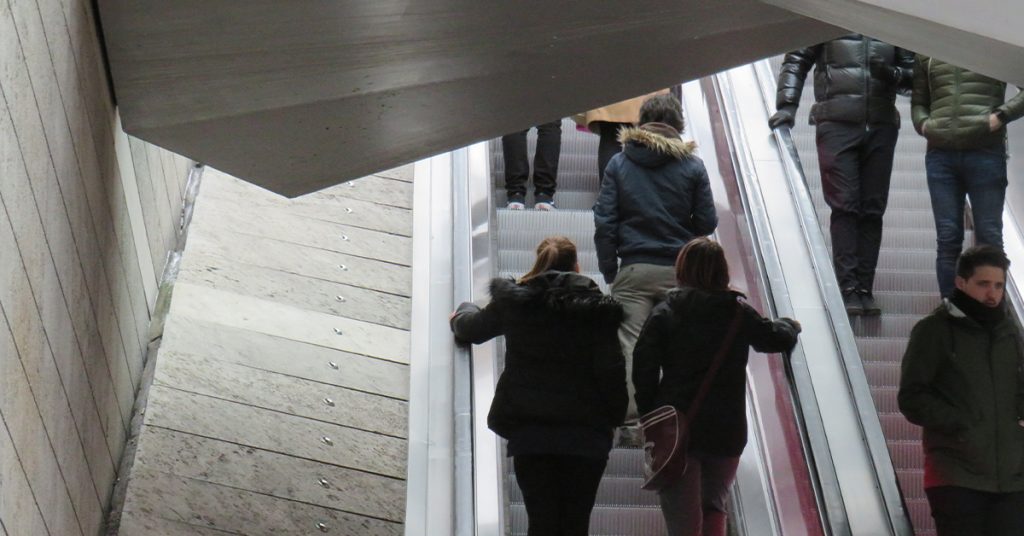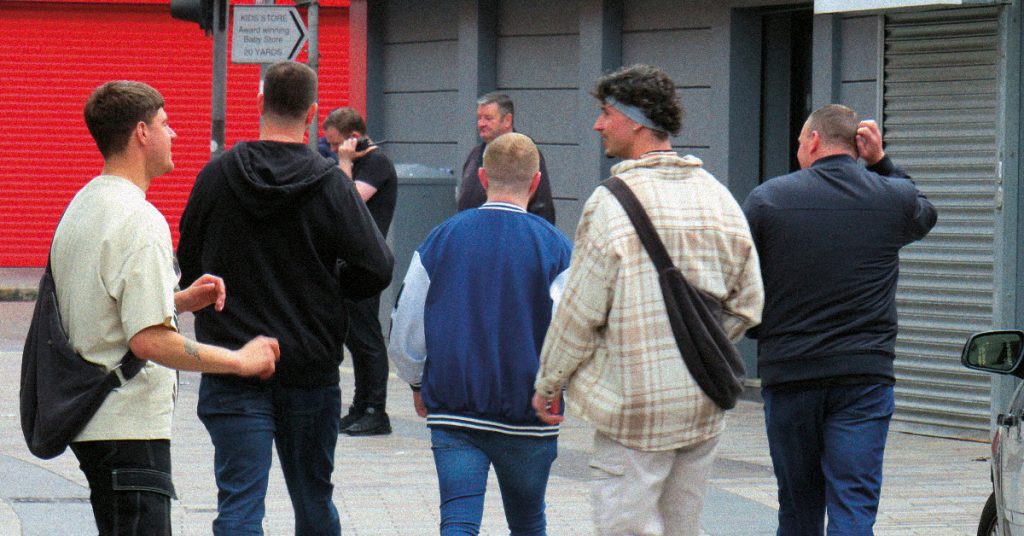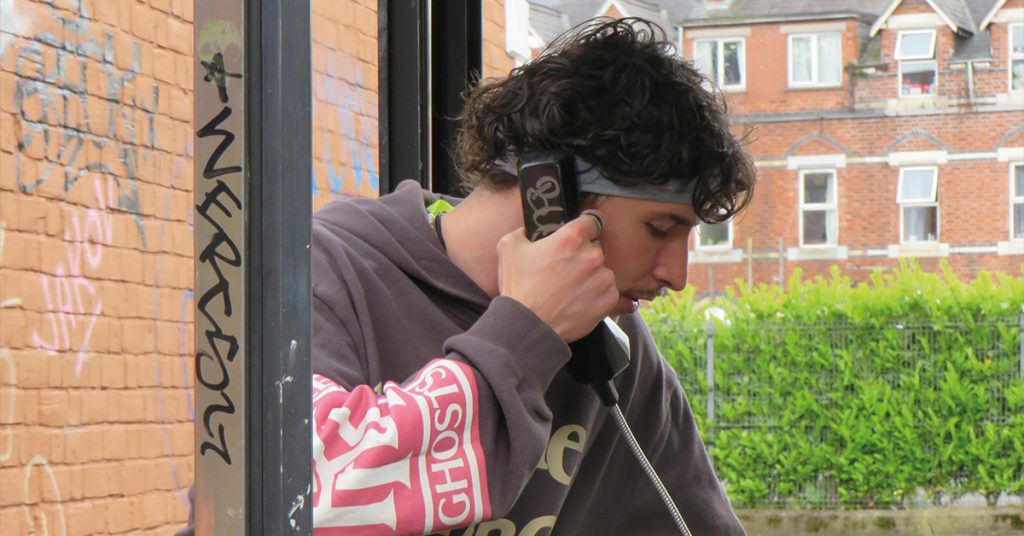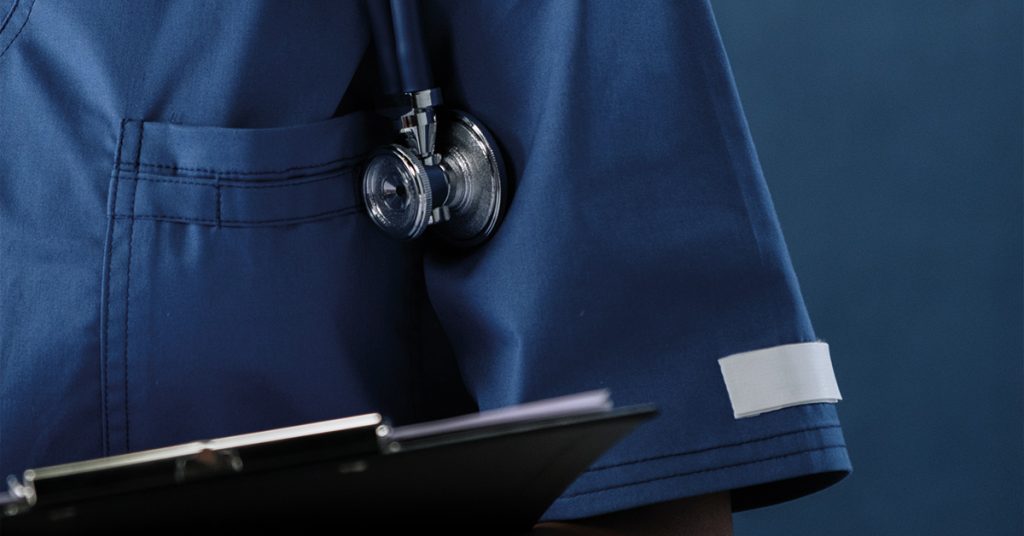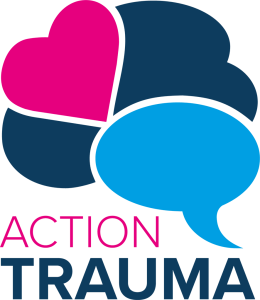Patient Fact Sheet: Treating Depression in Adults with TMS

What is the Recommended Treatment for Depression? NHS Choices states that if you have depression that is not improving your GP should in the first instance recommend a talking therapy.
There are different types of talking therapy for depression, including cognitive behavioural therapy (CBT) and counselling provided by self-referral psychological therapy services such as IAPT. If you have moderate to severe depression, antidepressant medication may be recommended. There are almost 30 different types of antidepressant which are prescribed by a doctor. Your GP should recommend that you take a course of antidepressants plus talking therapy, particularly if your depression is quite severe. A combination of an antidepressant and CBT usually works better than having just one of these treatments. If you have severe depression, you should be referred to a multidisciplinary mental health team. These teams should provide intensive specialist talking treatments as well as prescribed medication. Research indicates that with intensive psychological treatment and several courses of different medication there is a 60-70% chance of being cured of the depression. However, this unfortunately means that 30%-40% of people may end up with chronic depression that is resistant to conventional treatment.
How Does Transcranial Magnetic Stimulation (TMS) Work?
TMS is a strong pulsing magnetic field that stimulates brain cells. The passage of an electric current
in the coil induces a transient, high-intensity magnetic pulse that penetrates the scalp and painlessly reaches the neurons of the targeted cortical area. High frequency TMS increases activity in the brain cells of the frontal cortex of the brain. It causes increased connectivity between brain cells and the release of chemical messengers. The treatment of depression requires between 15 and 30 sessions administered over several weeks.
What are the Recommendations for TMS?
The FDA approved TMS for the treatment of depression in the USA in 2008 following extensive research with multiple randomized controlled studies. NICE approved TMS for depression in the UK in 2015 and noted a “consistently positive outcomes in many studies and a good safety profile… commentary from patients was positive and they described significant benefits to their quality of life including the advantages for some patients of being able to stop oral antidepressant medications”. In 2017, the Royal College of Psychiatrists stated that the “Efficacy for rTMS treatment for major depression has been well established over the recent years….over the past decade rTMS has been widely used for the treatment of depression and is now an established safe and effective treatment option for depression and treatment resistant depression.”
Smart TMS
How Effective is TMS for the Treatment of Depression:
In a case series of 142 patients treated at Smart TMS for major depression, who had already failed
to respond to psychological treatment and antidepressant medication, 58% of these patient’s depression went into remission and 84% had a clinically significant reduction in the severity of their symptoms. These results are generally better than those reported in the scientific literature. In 2012 Carpenter reviewed 307 patients treated at 42 TMS clinics in the USA and found that the remission rate for patients with depression was 40% and 60% had a clinically significant response.
Conclusion and Recommendations:
Patients treated at Smart TMS with resistant depression have a 58% chance of fully recovering from their depression and an 84% chance of having a significant reduction in symptoms. It is strongly recommended that patients who have already tried all the conventional treatment for depression or do not like the idea of taking medication should seriously consider rTMS.


